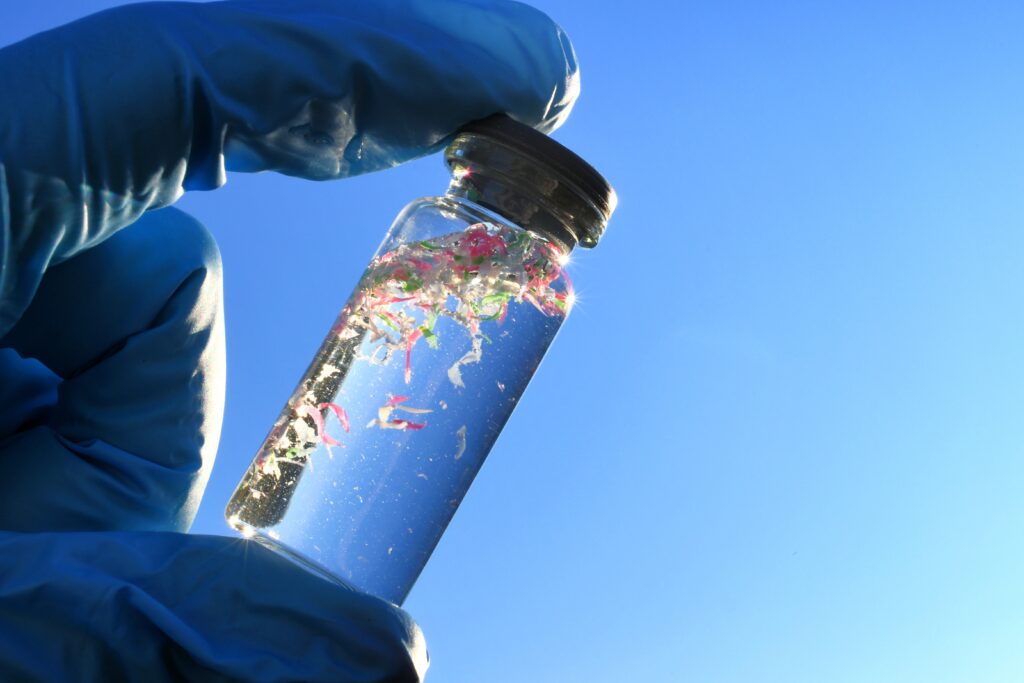Microplastics are everywhere — in our blood, lungs, guts and even brains. Scientists estimate the average person carries about 5g inside them.
New research from Austria shows microplastics can alter gut bacteria in ways linked to depression and bowel disease. “Reducing exposure is a wise precaution,” said Dr Christian Pacher-Deutsch, who led the study.
Microplastics shed from packaging, clothing and tyres. They can pass into our bloodstream and organs. In mice, exposure changed behaviour and damaged brain cells, echoing patterns seen in dementia. Human studies have found plastics in brain tissue and arteries, possibly raising the risk of heart attacks and strokes.
Still, experts warn against panic. “We don’t yet know what these levels mean,” said Prof Stephanie Wright of Imperial College London. But many scientists are quietly cutting back their own plastic use.
How to Reduce Exposure
- Avoid heating food or drinks in plastic.
- Use glass or metal containers.
- Choose loose-leaf tea and wooden chopping boards.
- Pick natural fabrics for bedding and clothes.
- Check cosmetics for microplastic ingredients.
We can’t escape microplastics entirely, but small choices may help protect our bodies — and the planet.


